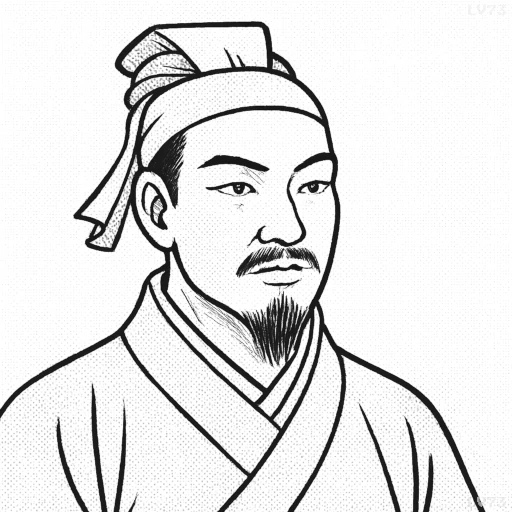“Prohibit the taking of omens, and do away with superstitious doubts. Then, until death itself comes, no calamity need be feared.”

- 544 BC-496 BC
- Born in China
- Military strategist, military strategist
table of contents
Quote
“Prohibit the taking of omens, and do away with superstitious doubts. Then, until death itself comes, no calamity need be feared.”
Explanation
In this quote, Sun Tzu advises that military and strategic leaders should avoid relying on superstition or omens to guide their decisions. He suggests that any form of irrational belief or doubt can cloud judgment and lead to hesitation or fear, both of which are detrimental in times of conflict. The essence of Sun Tzu’s philosophy is that a leader should make decisions based on rationality, planning, and knowledge, rather than superstition or uncertainty. By eliminating superstitions, leaders can focus on the task at hand and act with confidence, clarity, and purpose. In war, where lives and fortunes are at stake, relying on anything other than solid strategy is a serious flaw, and such doubts only lead to unnecessary fear and potential failure.
This principle is widely applicable today, especially in leadership, business, and psychology. In the business world, decision-makers must rely on data, facts, and strategic foresight rather than being swayed by gut feelings or unfounded beliefs. For instance, investors who base their decisions on market analysis and trend forecasting rather than following speculative rumors or “lucky” predictions tend to be more successful. In politics, leaders who act with confidence and are guided by rational thought and principles, rather than being swayed by superstition or fear, tend to make more successful decisions for their country. In psychology, overcoming irrational fears and self-doubt is often key to success and personal growth, a process that requires confronting emotions and developing strategies for making clearer, more reasoned decisions. Sun Tzu’s insight encourages modern leaders to adopt clarity and focus, ensuring that their actions are based on reality rather than perception.
Historically, military leaders have had to combat superstition in order to achieve success. Napoleon Bonaparte, for example, famously disregarded omens and fortune tellers, relying instead on his own tactical genius and strategic calculations. Similarly, during World War II, Winston Churchill used logic and reason to lead Britain through some of its darkest days, rejecting any form of superstition that could cloud his decision-making. In ancient history, Alexander the Great also displayed an unwavering commitment to rationality, even when his soldiers were influenced by omens or superstitions. By rejecting these distractions, he was able to focus on his campaigns and execute them with decisiveness and confidence. Sun Tzu’s call to abandon superstition and uncertainty remains a powerful reminder that in leadership, clear-headedness and rational decision-making are often the most effective tools to ensure success.
Would you like to share your impressions or related stories about this quote in the comments section?



